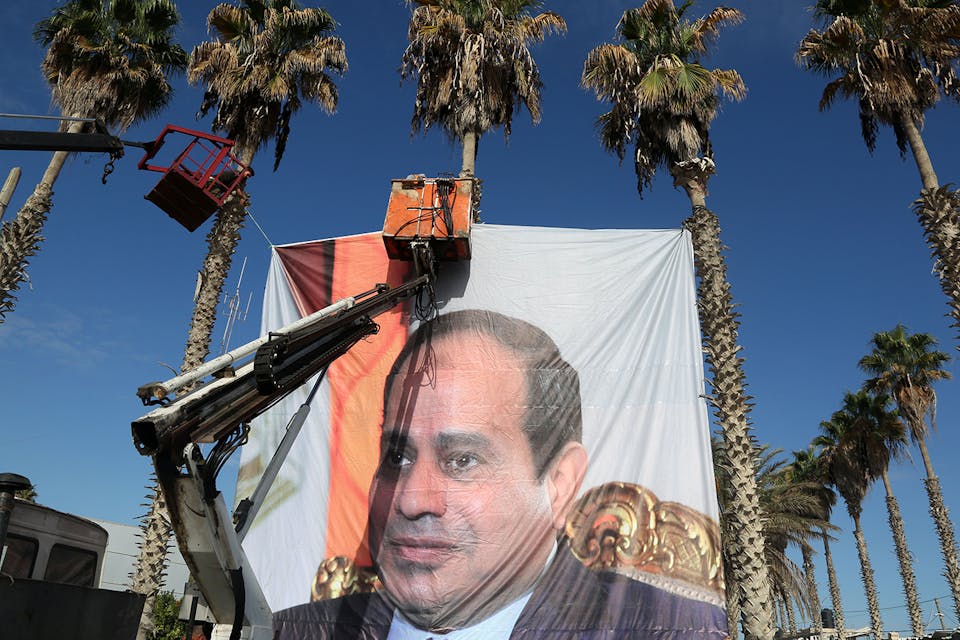
June 14, 2021
What Egypt Wants In Gaza
As long as Gaza is a problem for Israel, Egypt can play an important role as a mediator, prove its usefulness as an ally to the U.S., and avoid its slide into irrelevance.
The recent flare-up between Israel and Gaza served as a lifeline for Egypt by revitalizing its role in regional politics. After months of being ignored by the White House, President Abdel Fatah el-Sisi received two phone calls from President Joe Biden in less than a week to express American support for efforts to broker a ceasefire. Eager to show its relevance, Cairo was the first government to announce that it would donate to Gaza’s reconstruction ($500 million, no less); after the fighting ended it also dispatched high-level security delegations to meet with both Israeli and Palestinian leaders, and sent aid shipments and construction teams to start rebuilding the Strip. The desire for relevance is key to understanding Egypt’s long-term interests in Gaza, but before exploring these interests further, some background is first necessary.
Hamas is an offshoot of the Muslim Brotherhood, the Islamist movement founded in Egypt a century ago, which inspired dozens of branches throughout the Islamic world, not to mention more radical splinter-groups. For a twelve-month interval in 2012 and 2013, the Brotherhood ruled Egypt, until the current regime overthrew it in a military coup. Since then, Cairo’s relations with Hamas have unsurprisingly been tense, if not hostile. During the 2014 Gaza war, President Sisi did not try to mediate diplomatically between Jerusalem and Gaza. The state-controlled media, once full of sympathy for Egyptians’ “Palestinian brethren,” instead lost interest for Palestinians living in the territory. As far as the Sisi government was concerned, Hamas was a military wing of the Muslim Brotherhood, a group it characterized as a terrorist organization trying to destabilize Egypt. Even though the Sisi regime received much criticism for its approach to Gaza from around the Arab world, domestic criticism was muted, as public opinion seemed to agree that the Muslim Brotherhood—along with its allies in Gaza, Turkey, and Qatar—threatened Egyptian national security. Cairo began to change its tune somewhat after 2017, when Hamas released an updated charter disassociating itself from the Brotherhood. This is not to say that Sisi has stopped viewing Hamas as a threat, but that he sees it as a force he can use to his benefit, including as a source of leverage vis-à-vis Israel.
That being said, certain elements of Egypt’s approach toward Gaza have remained constant since the Mubarak era, and are unlikely to change. First among Cairo’s concerns is preventing a humanitarian crisis, which could easily get out of control and lead to an embarrassing breach of the border, as occurred in 2008 when Hamas operatives forced their way through the Rafah crossing and entered Egyptian territory. If Hamas resumes the smuggling of arms into or out of the Sinai Peninsula, increased terrorism could follow, in turn inviting a more active Israeli presence in the peninsula, which is Cairo’s biggest nightmare. This concern explains why the Sisi regime has been willing to compromise with Hamas recently so long as it does not meddle in Egypt’s internal affairs. This is despite the fact that Sisi is still fighting Islamist groups ideologically aligned with Hamas both inside Egypt and in Libya. Indeed, the Egyptian regime’s openness toward Hamas depends on its sense of security in its own position. The less Sisi fears the Egyptian Brotherhood, the less threat he will see in its affiliates abroad. In the years immediately following the coup, such a step would not have been possible.
Responses to June ’s Essay

June 2021
What Will Gaza Look Like Ten Years from Now? A Symposium
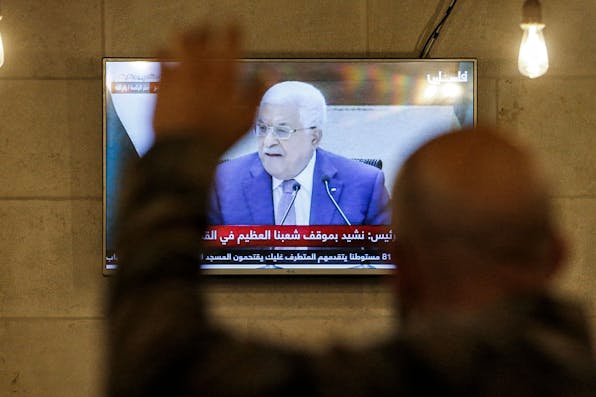
June 2021
What Can Be Done Politically to Weaken Hamas
By Elliott Abrams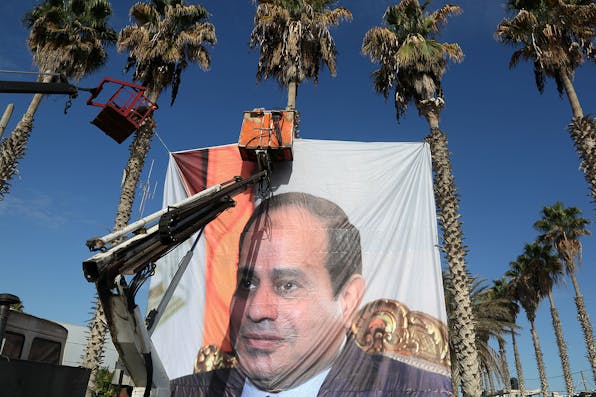
June 2021
What Egypt Wants In Gaza
By Haisam Hassanein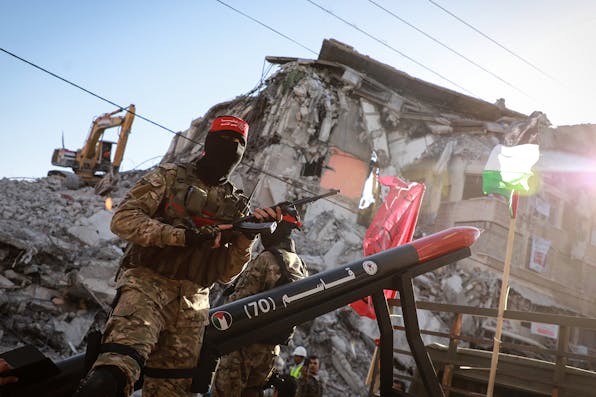
June 2021
The Status Quo in Gaza Is the Least-Bad Option
By Yaakov Amidror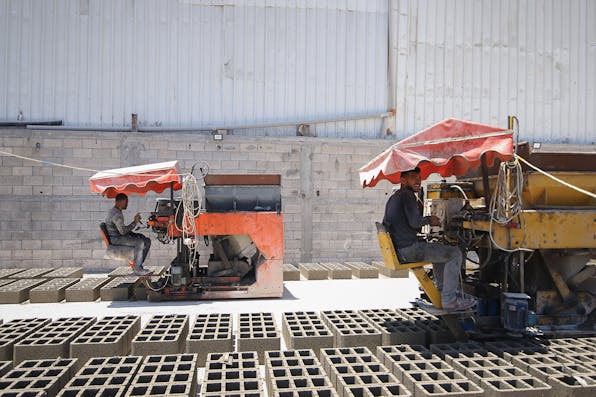
June 2021
Where We See Gaza in Ten Years
By Amos Yadlin, Ari Heistein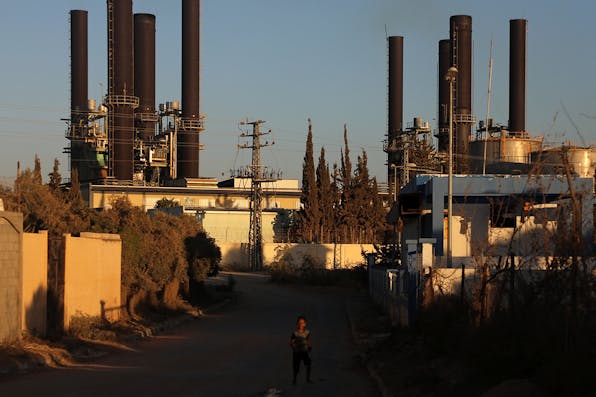
June 2021
How to Boost Gaza’s Economy without Boosting Hamas
By Yechiel Leiter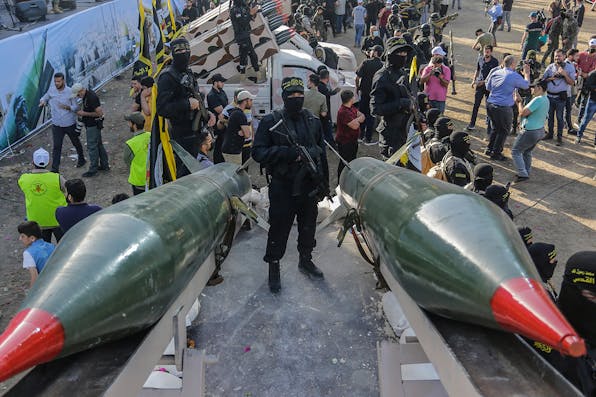
June 2021
How Continuing to “Mow the Grass” Might Lead to Israel’s Reoccupation of Gaza
By Evelyn Gordon